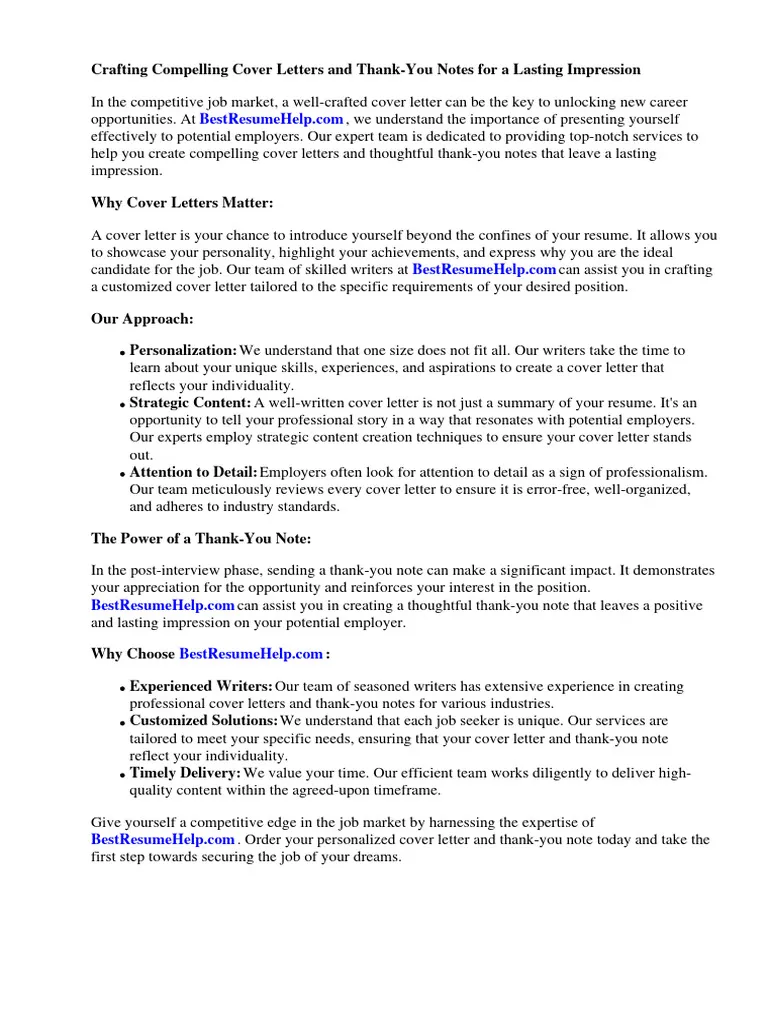Why a Thank You Cover Letter Matters
In the competitive landscape of modern job applications, every detail counts. A thank you cover letter, often sent after an interview or even after submitting your initial application, can significantly boost your chances of landing your dream job. It’s not just a polite gesture; it’s a strategic move that sets you apart from other candidates. Think of it as your final opportunity to reiterate your interest, reinforce your qualifications, and leave a lasting positive impression on the hiring manager. This demonstrates your professionalism, attention to detail, and genuine enthusiasm for the position, making you a more memorable and attractive candidate. Moreover, a well-crafted thank you letter subtly showcases your communication skills, which are crucial in any role.
When to Send a Thank You Cover Letter
The timing of your thank you cover letter is critical. It should be sent promptly after your interaction with the potential employer. This timeframe varies slightly depending on the context. For interviews, aim to send your thank you letter within 24 hours. This quick turnaround shows your eagerness and keeps your conversation fresh in the interviewer’s mind. After submitting your initial application, a thank you email can be sent to the hiring manager or recruiter to confirm receipt and reiterate your interest, ideally within a few days of applying. This also allows you to clarify any details about your application. The key is to strike a balance between showing enthusiasm and not appearing overly persistent. Choose the timing that shows you are organized and professional.
Timing is Key Send it Quickly
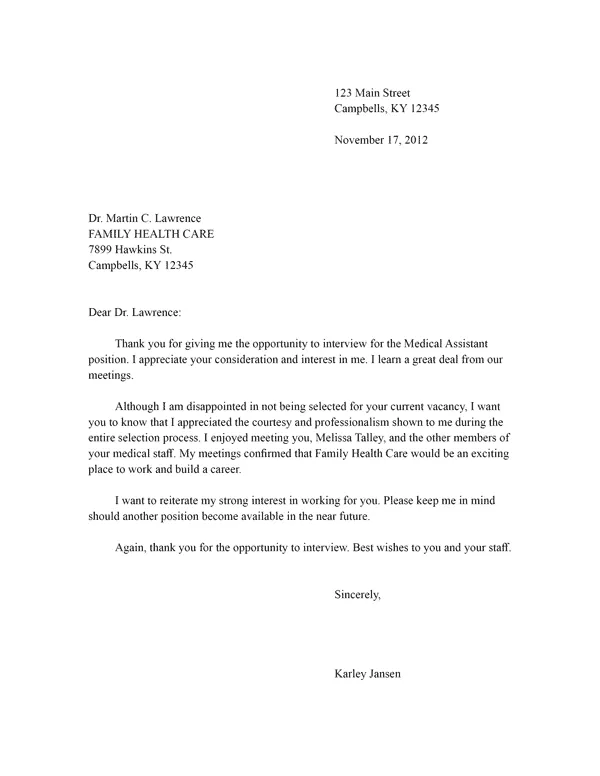
Efficiency is key when sending your thank you letter. The faster you send it, the better. Recruiters and hiring managers are often managing multiple interviews and applications, so sending your thank you quickly ensures you stay at the forefront of their minds. A quick turnaround shows respect for their time and demonstrates your proactive nature. Waiting too long can make your letter seem less relevant. Furthermore, a prompt thank you allows you to reinforce key points from the interview while they are still fresh in the interviewer’s mind. The earlier you can send it, the more impactful your message will be.
Crafting Your Thank You Cover Letter
Creating a compelling thank you cover letter involves careful consideration of both content and tone. Your letter should be personalized, professional, and concise, reflecting your sincere appreciation for the opportunity. Each element contributes to the overall effectiveness of your message and enhances your prospects of getting the job. The structure should be easy to follow, starting with a clear subject line if it’s an email and concluding with a strong call to action. Proper grammar, spelling, and a professional format are also essential elements. Consider it as a vital step in the process of securing your desired employment.
Address the Recipient Directly
Personalization is crucial. Begin by addressing the hiring manager or interviewer by name. Research their name and title beforehand if you don’t already know it. Using their name shows that you’ve taken the time to prepare and that you value the interaction. This simple act of personalization immediately grabs their attention and creates a more personable tone. If you met with multiple people, send each person an individual thank you, customizing each letter based on your conversation. This direct approach shows respect and ensures your message is tailored to each individual. Moreover, it makes your communication feel more genuine and less like a generic mass email.
Express Gratitude Sincerely
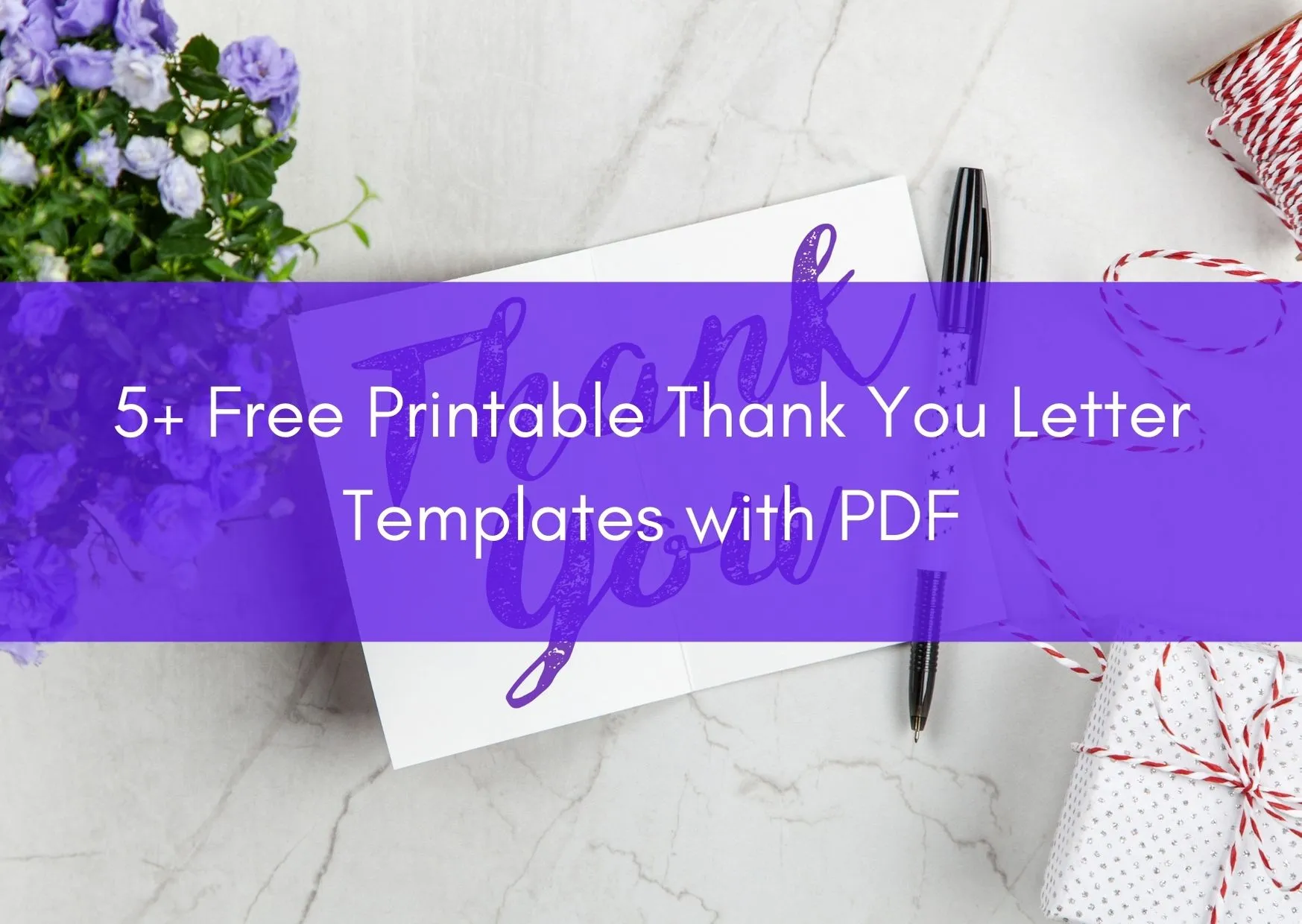
Expressing your gratitude is the cornerstone of your thank you letter. Start by sincerely thanking the interviewer for their time and the opportunity to learn more about the role and the company. Briefly mention something specific you appreciated about the conversation. This shows you were engaged and paid attention to detail. A simple ‘Thank you for taking the time to speak with me’ is effective but adding a specific detail, like ‘I especially appreciated learning about your company’s innovative approach to…’ makes it more memorable. Authenticity in your expression of gratitude is key; avoid sounding generic. Your genuine enthusiasm will shine through and leave a positive, lasting impression.
Reiterate Your Interest
Reiterate your strong interest in the position. This is a crucial moment to reinforce your enthusiasm and remind them why you are a good fit. Re-state your excitement about the opportunity and highlight key aspects of the role or company that particularly appeal to you. Use phrases like ‘I am even more enthusiastic about this opportunity after our conversation’ or ‘I am confident I can contribute to…’ This reinforces your desire to be part of their team and shows that you are serious about the role. By reiterating your interest, you are not just showing your eagerness but also demonstrating your understanding of the position and the company’s needs.
Highlight Your Key Skills
Briefly highlight one or two of your most relevant skills or experiences. Connect these to the specific requirements of the role. This is an excellent way to remind the interviewer of your strengths and how you can contribute to the company. Don’t repeat your entire resume; instead, focus on the skills or experiences that directly address the needs of the role. For example, if the role requires project management skills, mention a specific project you managed and the successful outcomes. Linking your skills to the job requirements reinforces your suitability and shows that you understand the role. It is another opportunity to reinforce your qualifications and show you are the best candidate for the role.
Offer Further Information or Follow-Up
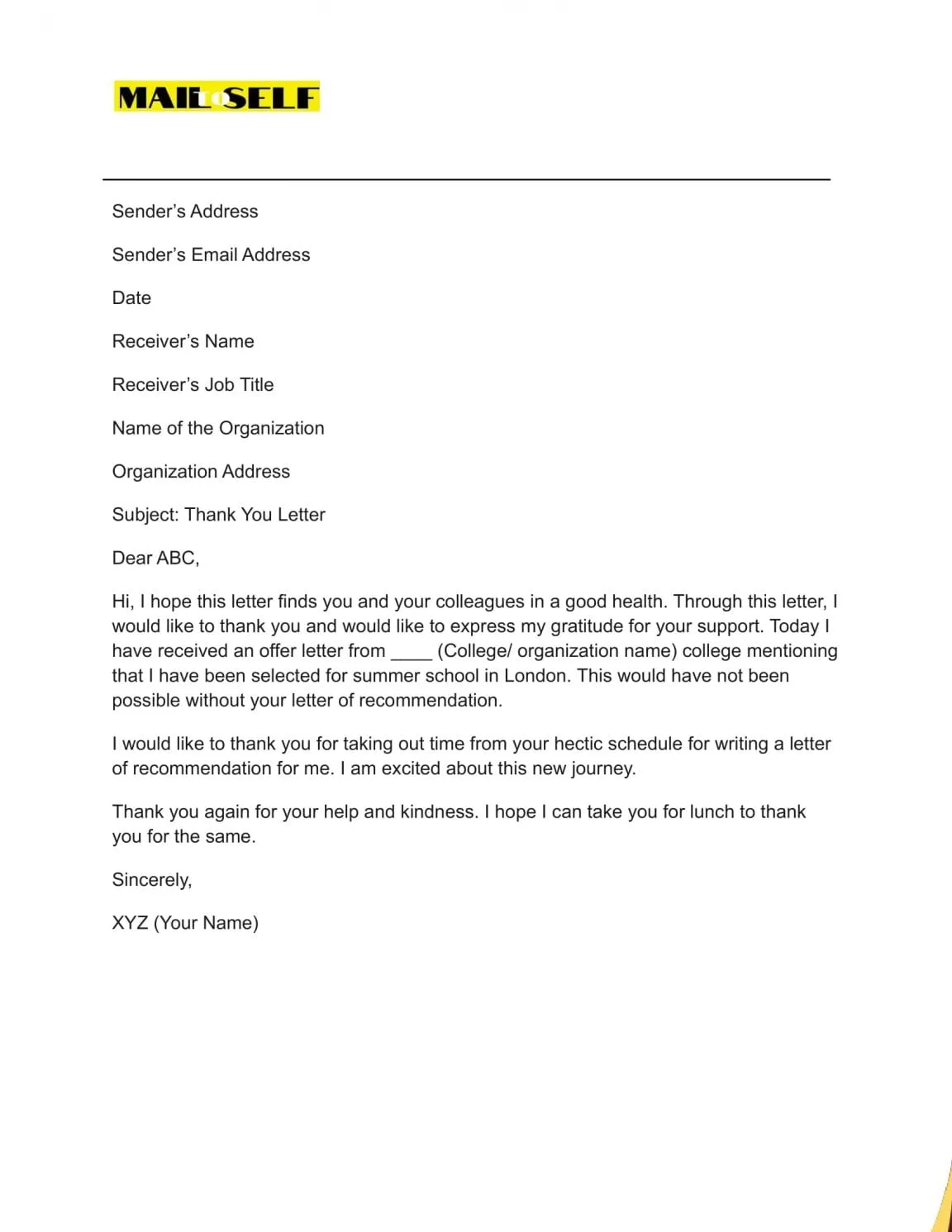
Use your thank you letter to offer any additional information or follow-up that may be helpful. This demonstrates your proactive nature and willingness to go the extra mile. If there’s any information you didn’t cover during the interview or application, you can offer it here. You can also reiterate your availability for a follow-up call or meeting, or to provide further clarification. Ending with a clear call to action, such as ‘I look forward to hearing from you soon’ or ‘Please do not hesitate to contact me if you have any further questions’ provides closure. This reinforces your engagement and leaves the door open for further communication.
Formatting Your Thank You Cover Letter
The format of your thank you letter is essential in presenting you as a professional candidate. The formatting should be consistent, easy to read, and follow standard business letter or email conventions. Well-structured formatting contributes to a positive first impression, demonstrating your attention to detail and your respect for the recipient’s time. A clean and organized layout ensures your message is clear, concise, and easily digestible, maximizing your chances of making a favorable impression. Moreover, this gives your letter a polished, professional look.
Keep it Concise and Professional
Keep your thank you letter concise, ideally within a few paragraphs. Hiring managers are busy, so respect their time by getting straight to the point. Start with a clear subject line if it’s an email, such as ‘Thank You – [Your Name] – [Job Title]’. The body of the letter should express your gratitude, reiterate your interest, highlight relevant skills, and provide a call to action. Avoid rambling or including unnecessary details. Ensure your tone is professional and polite throughout. Professionalism builds trust and reliability. A well-written, concise thank you letter shows you respect the reader’s time while ensuring your key points are delivered effectively.
Use a Professional Tone
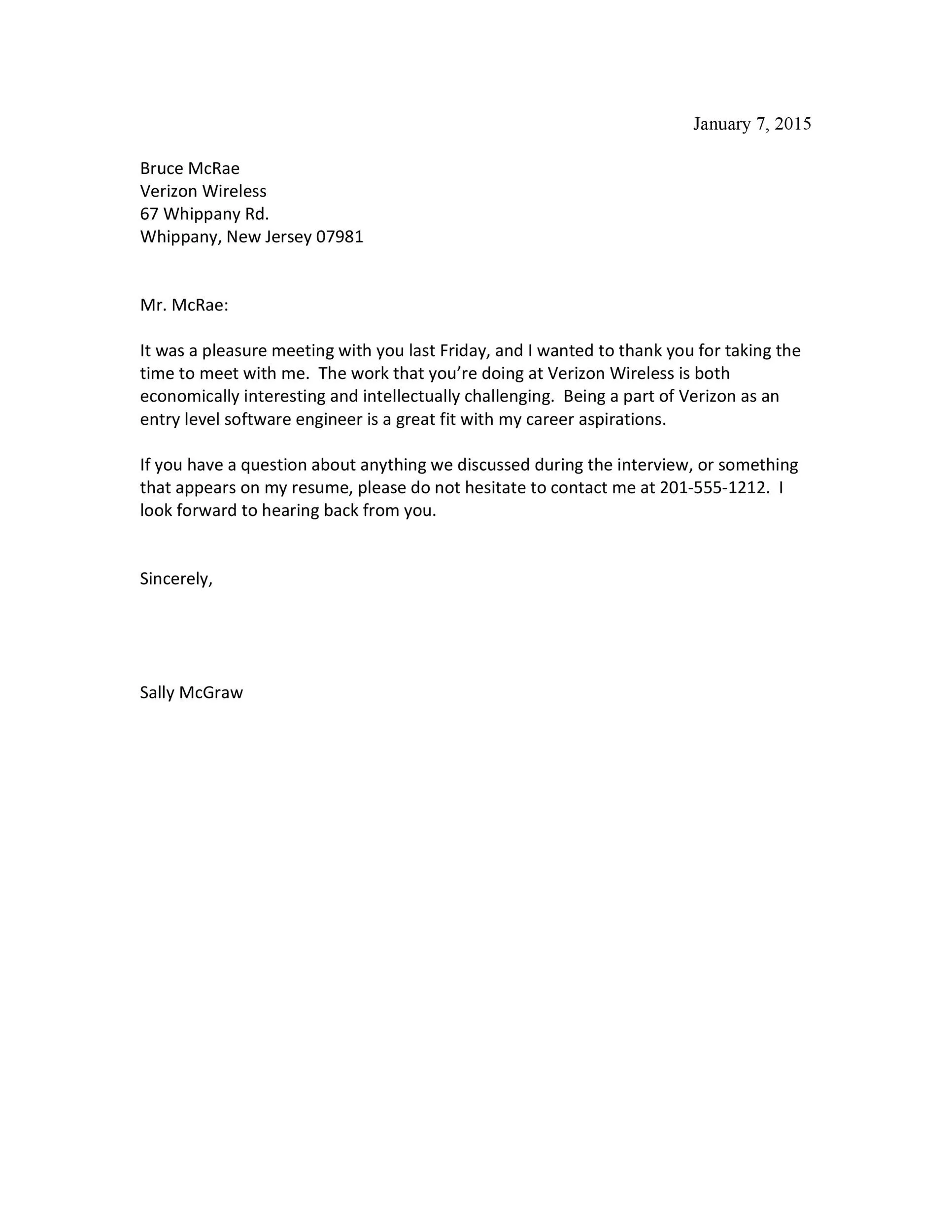
Maintain a professional tone in your thank you letter, reflecting your seriousness and respect for the opportunity. Use formal language and avoid slang, jargon, or overly casual expressions. Be polite and courteous throughout the letter, using phrases such as ‘Thank you for your time,’ ‘I appreciate the opportunity,’ and ‘I look forward to hearing from you.’ Proofread your letter meticulously to ensure it is free of grammatical errors and typos, as these can detract from your professionalism. A polished, well-written thank you letter shows you are committed, reliable, and dedicated to your future career.
Proofread Meticulously
Proofreading is an essential step to ensure your thank you cover letter is free of errors. A well-proofread letter shows attention to detail and reinforces your professionalism. Always proofread your letter for spelling, grammar, punctuation, and formatting errors. It is advisable to have someone else review your letter, as a fresh pair of eyes can catch mistakes you might miss. Consider using online proofreading tools, but don’t rely on them entirely. The goal is to ensure your thank you letter is polished and error-free, presenting you as a meticulous and reliable candidate. This sends a positive signal that you are invested in your future.
Thank You Cover Letter Templates Examples
Using a template can simplify the process of crafting your thank you letter. However, it’s important to personalize the template to fit your situation and make it your own. Different templates exist for different scenarios, like for recent graduates, experienced professionals, or after a phone interview. Customize your letter by tailoring the content to the specific role and the information discussed in the interview. Always replace any generic phrases with specifics that demonstrate your engagement and understanding of the opportunity. Proper customization demonstrates your initiative and interest in the specific role.
Template for Recent Graduates
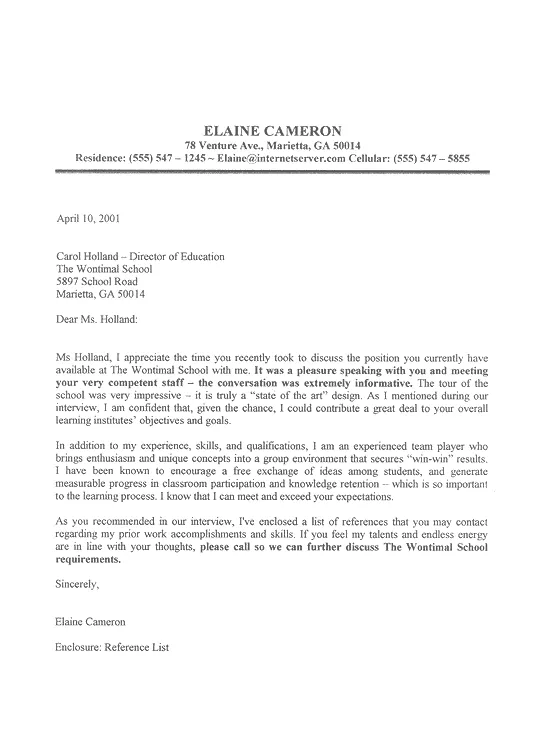
For recent graduates, a thank you letter can highlight academic achievements, internships, and relevant coursework. Focus on how your skills and education align with the job requirements. Express your enthusiasm for starting your career and the opportunity to contribute to the company. Mention any campus activities or projects that showcase your teamwork or leadership skills. In your letter, emphasize your eagerness to learn and grow within the organization, and your openness to new challenges. A template can provide a structure for this, but the core must emphasize your passion and preparedness for entry-level roles. Your energy will be appealing.
Template for Experienced Professionals
Experienced professionals should use their thank you letter to highlight their proven track record and accomplishments. Focus on the specific results you have achieved in previous roles and how these results align with the company’s needs. The letter should demonstrate how your expertise can solve problems and contribute to the company’s goals. Use the opportunity to reiterate your qualifications by referencing key discussions from the interview. Show your confidence and ability to deliver results, and illustrate your value with concrete examples and accomplishments. The emphasis should be on the value you bring and the impact you can make on the company.
Template After a Phone Interview
A thank you email after a phone interview should be brief but effective. Start by thanking the interviewer for their time and acknowledging the convenience of a remote meeting. Reiterate your interest in the position and highlight the key skills or experiences discussed. You can clarify or add any additional information you might have missed during the call. Keep it concise, professional, and focused on reinforcing your suitability for the role. It’s a great chance to show your professionalism in the virtual environment. It allows you to make a stronger impression and reinforce your qualifications.
Common Mistakes to Avoid
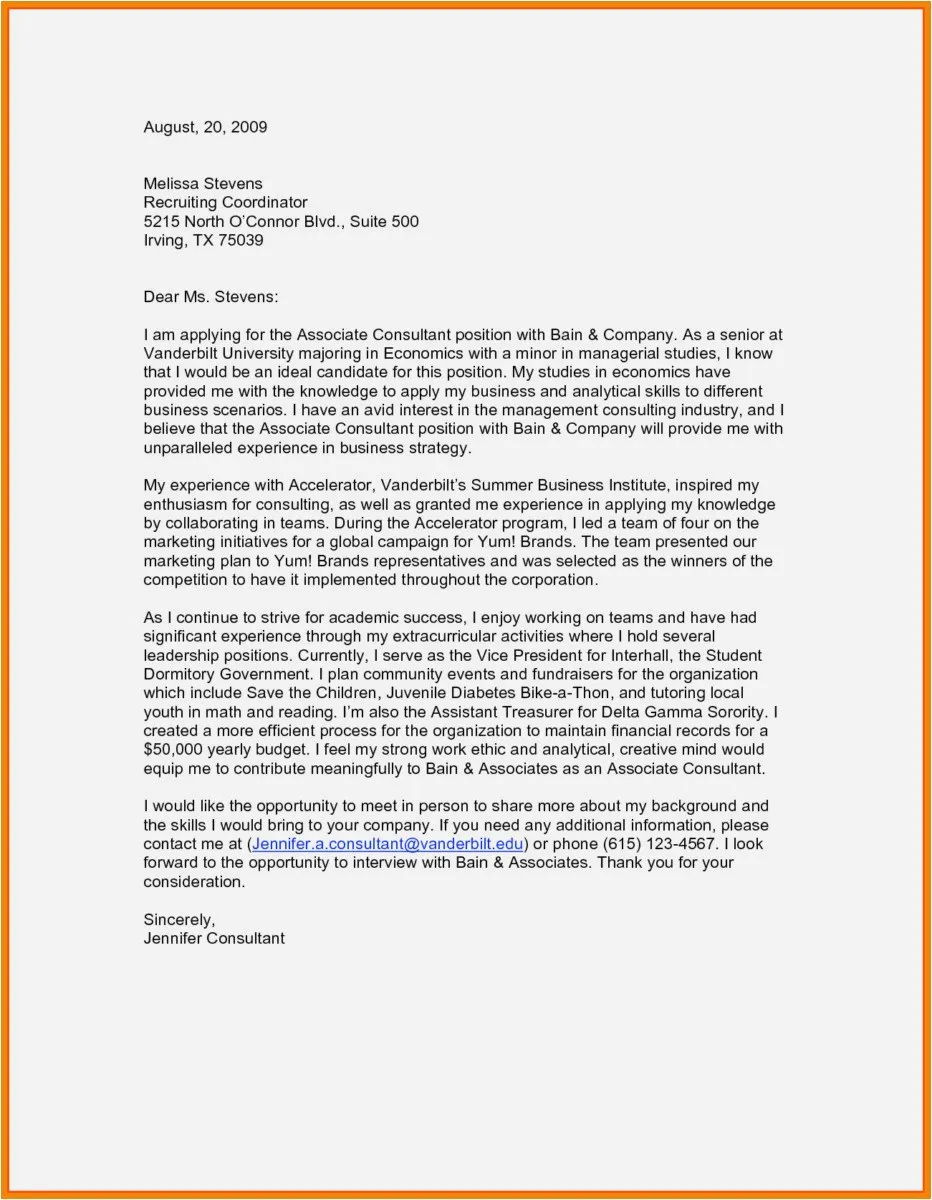
There are several common mistakes to avoid when writing a thank you letter to ensure you make the best possible impression. These mistakes can weaken your message and negatively affect your chances of getting the job. Knowing these mistakes can help you craft a more effective letter, allowing you to showcase your professionalism. Being aware of potential pitfalls ensures you present yourself as a professional. Avoiding these common errors helps ensure your thank you letter supports your application and increases your chances of success.
Not Sending One
One of the biggest mistakes is not sending a thank you letter at all. This could be seen as a lack of interest or a disregard for professional etiquette. Even if you feel the interview didn’t go as planned, sending a thank you is still crucial. It shows that you are proactive, thoughtful, and committed to the opportunity. It can often make up for any minor shortcomings during the interview, especially if the letter is well-written and thoughtful. Always prioritize sending a thank you letter, as it is a standard practice in most industries.
Being Too Generic or Vague
Avoid sending a generic or vague thank you letter. A generic letter that could apply to any job or company does not demonstrate your enthusiasm or your specific interest in the role. It makes your letter forgettable and suggests you haven’t taken the time to understand the company or the position. Instead, tailor your letter to the specific conversation you had, and reference details and insights from the interview. Show that you listened, that you understood the role, and that you are excited about the opportunity. The more specific, the better.
Spelling and Grammar Errors
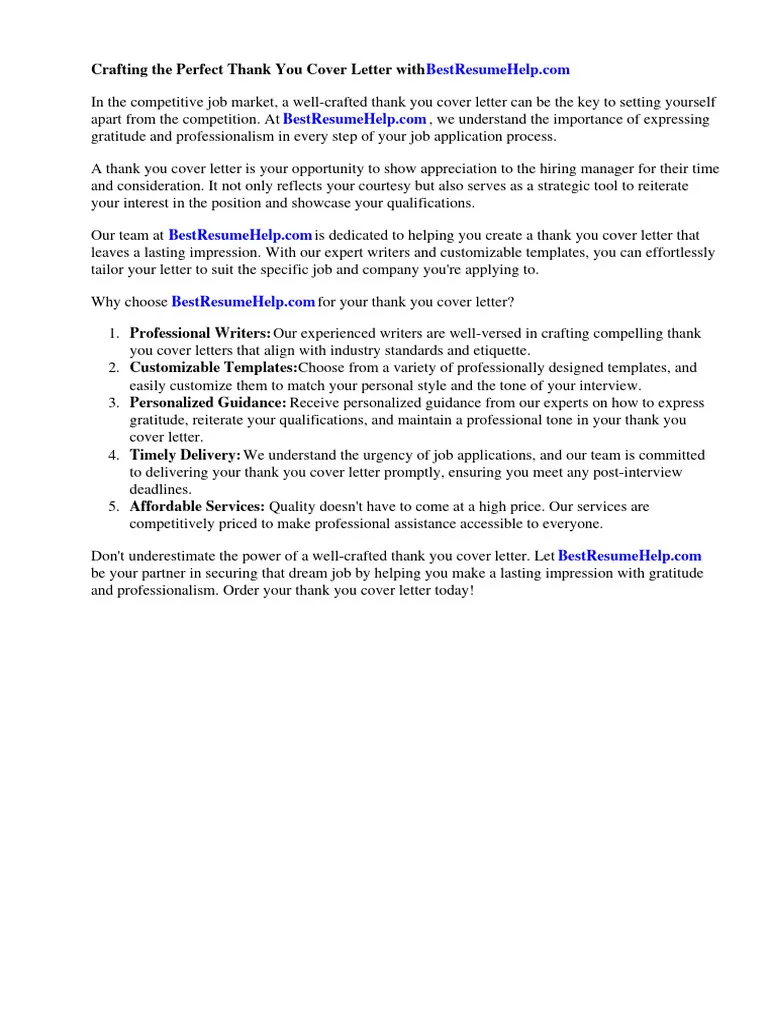
Spelling and grammar errors are a significant red flag. They can detract from your professionalism and give the impression that you are careless. Proofread your letter carefully before sending it, and have someone else review it if possible. Use spell-check tools, but don’t rely on them entirely. Correct spelling and grammar show that you pay attention to detail. A letter filled with errors can damage your credibility and decrease your chances of getting the job. Always proofread the letter yourself and have a second person do the same.
Overly Enthusiastic or Desperate Tone
Avoid being overly enthusiastic or desperate. While it’s important to show your interest, avoid using a tone that is excessively eager. This can be perceived as unprofessional. Maintain a balanced tone that demonstrates confidence and enthusiasm without coming across as desperate. Avoid excessive flattery or making promises you can’t keep. Show your genuine interest in the role while maintaining a professional and composed demeanor. Maintaining a professional tone will show your confidence and ability to conduct yourself in the workplace.
The Power of a Well-Written Thank You Cover Letter
A well-written thank you letter holds significant power in the job application process. It can set you apart from other candidates, reinforce your qualifications, and increase your chances of securing your desired position. By taking the time to write a thoughtful, personalized thank you cover letter, you are demonstrating your initiative, enthusiasm, and professionalism, ultimately strengthening your application and setting you on the path to a successful career. Your letter becomes an invaluable tool in your job search.
